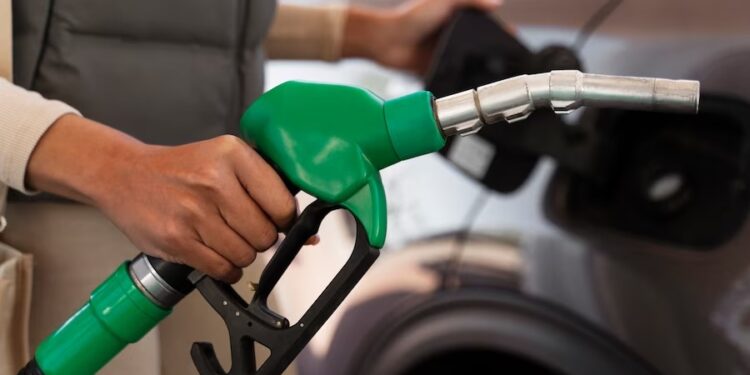
The landing cost of petrol in Nigeria is a crucial factor that influences the retail price of petroleum products.
The former Petroleum Products Pricing Regulatory Agency (PPPRA) provides a comprehensive guide to calculate the landing cost, considering various cost elements.
While the notion that the landing cost of PMS in Nigeria is a complex and multi-faceted matter continues, it is crucial to acknowledge that all expenses involved in bringing PMS to storage facilities are necessary for importers.
Despite the construction of pipeline networks in the 1970s, Nigeria still boasts one of the most advanced systems in place. With the Nigerian National Petroleum Corporation (NNPC) and the Petroleum Product Marketing Company (PPMC) now functioning as private companies under the Petroleum Industry Act (PIA), there exists significant potential for revenue generation by modernizing pipelines through collaborative funding partnerships. This opens up extensive opportunities in the downstream sector.
This transformation offers promising prospects for local investors to team up with state governments to expand storage capacities, thereby enhancing local logistics networks and increasing overall efficiency in the downstream sector.
As a result, this development is expected to draw the interest of both domestic and foreign investors, prompting investments in various sectors like coastal terminals, storage and blending facilities, thereby creating significant employment prospects and establishing the region as a prominent oil and gas hub for Sub-Saharan Africa.
Copyright © ENTREPRENEURSHIP DEVELOPMENT INSTITUTE 2015. All rights reserved.
Powered by: C.B.N